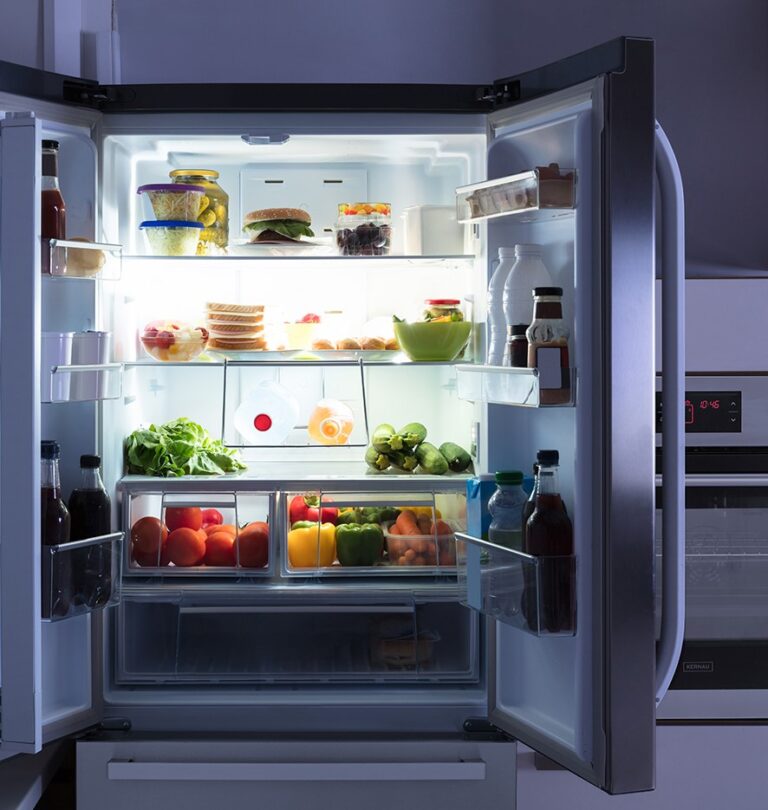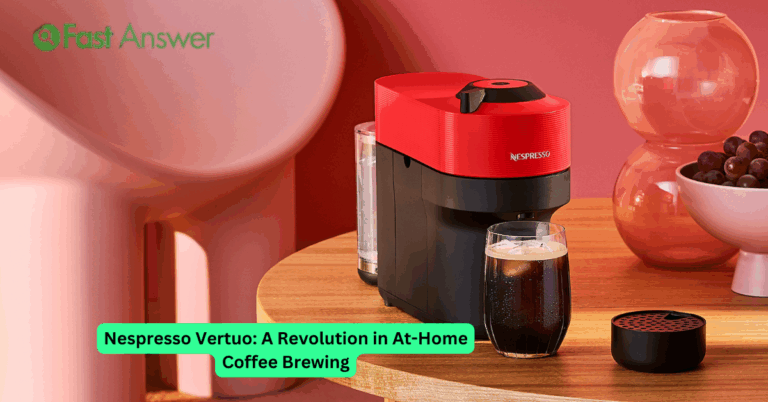Transform Your Projects with the Power of a Paint Sprayer
Whether you’re refreshing a fence, refinishing cabinets, or painting an entire room, a paint sprayer can save you time, reduce effort, and deliver a flawless finish. Designed for DIYers and professionals alike, paint sprayers offer a faster and more consistent alternative to brushes and rollers. With technology that atomizes paint into a fine mist, these tools create smooth, even coverage especially on textured or hard-to-reach surfaces. If you’re tackling large-scale projects or want to elevate your results, investing in the right paint sprayer can make all the difference in speed, precision, and quality.
Types of Paint Sprayers and Which One Is Right for You
There are several types of paint sprayers, each suited for different applications. Airless sprayers are ideal for high-volume, fast jobs like exterior walls or ceilings. They pump paint at high pressure and work best with thicker coatings. HVLP (High Volume, Low Pressure) sprayers offer more control and are great for furniture or detail work, producing minimal overspray. Compressed air sprayers provide a fine finish and are commonly used in automotive or fine woodworking projects. Choosing the right sprayer depends on the materials you’re working with, the size of your project, and the finish you’re after.
Key Features to Consider Before Buying a Paint Sprayer
Before buying a paint sprayer, consider factors like spray pattern adjustability, tip sizes, hose length, and cleaning convenience. Adjustable pressure control allows you to match spray force to the surface type. Multiple tip options accommodate different paint viscosities and project needs. A long hose or extension cord gives you more reach for larger areas. Also look for models that are easy to disassemble and clean especially if you’ll be switching between paint types or colors. Some units come with built-in storage or shoulder straps, which can improve mobility for outdoor or multi-surface tasks.
Best Uses for Paint Sprayers at Home and Work
Paint sprayers are incredibly versatile and suitable for a wide range of surfaces and finishes. Homeowners use them for walls, decks, fences, cabinets, doors, and even furniture, while professionals rely on them for commercial buildings, large-scale renovations, and specialty coatings. Because they cover more area in less time, sprayers are perfect for big projects or textured surfaces like stucco or brick. They also create a uniform coat without brush marks or roller textures, which is especially useful for high-gloss or enamel paints. With the right setup, a paint sprayer can make your projects cleaner, faster, and more professional.
Maintenance Tips to Keep Your Paint Sprayer Performing Like New
Regular maintenance ensures your paint sprayer performs at its best for years to come. After each use, thoroughly clean the sprayer using water for latex paint or solvent for oil-based paint. Always follow the manufacturer’s instructions for disassembly and storage. Keep nozzles, filters, and hoses free of clogs, and inspect parts for wear before each use. If your model has replaceable tips or seals, keep spares on hand to minimize downtime. Proper care not only extends the life of the machine but also ensures smoother, more reliable finishes with every job.
Frequently Asked Questions
Can I use any paint in a paint sprayer?
Most sprayers handle a variety of paints, but viscosity matters. Some thicker paints may need thinning unless you’re using a high-powered airless model.
Is a paint sprayer better than a roller?
For speed and smoothness, yes especially on large or uneven surfaces. Rollers still work well for precision areas or small touch-ups.
How much does a good paint sprayer cost?
Entry-level models start around $50–$100. Professional-grade sprayers can range from $200 to over $500, depending on features.
Do paint sprayers make a mess?
Overspray is common, especially with airless types. Always mask off areas and cover floors or furniture before spraying.
Can beginners use paint sprayers effectively?
Yes. Most modern sprayers are beginner-friendly, with user guides and simple controls. Practice on a test surface before starting your main project.


